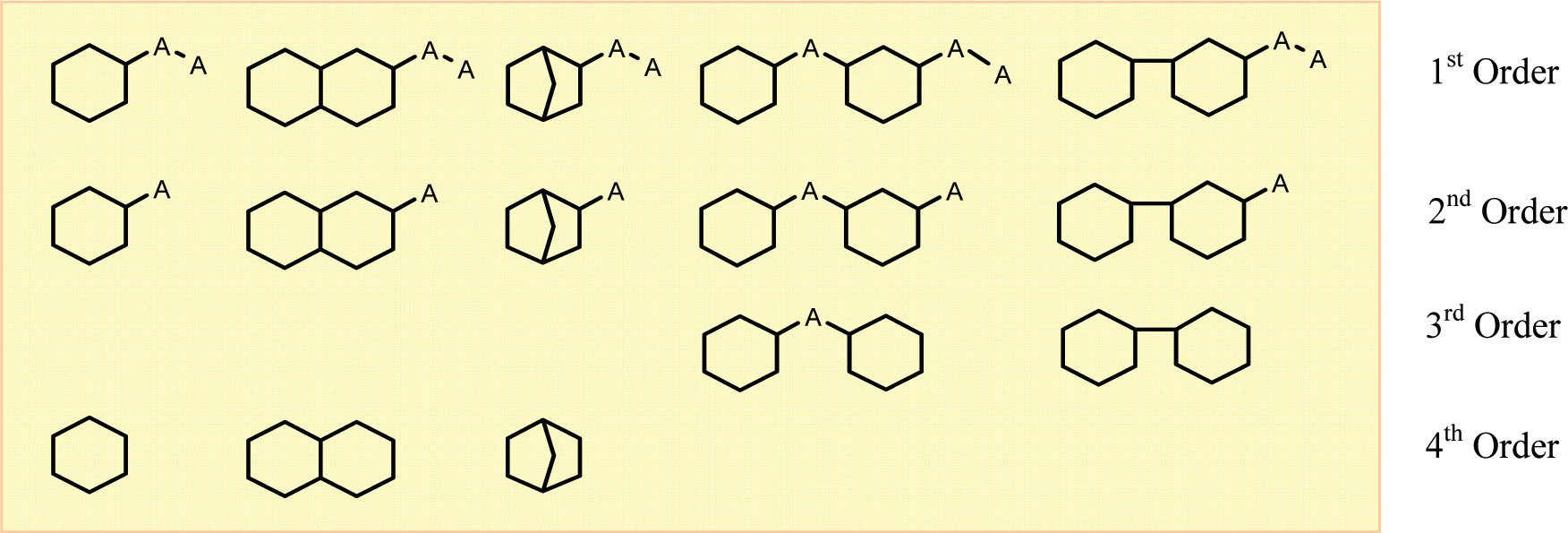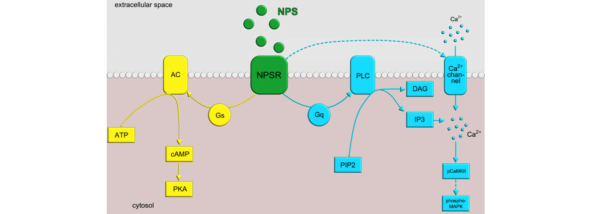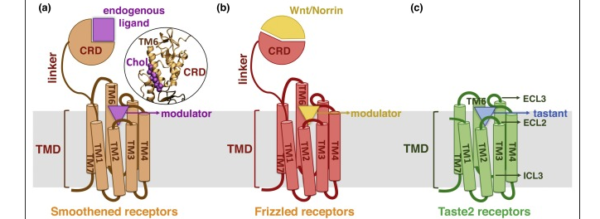The concept of “privileged fragments” in drug discovery refers to a group of small molecules with a unique chemical structure that is more likely to engage in favorable interactions with biological targets. Privileged fragments have been identified as valuable starting points for drug discovery due to their ability to bind to a wide range of target proteins and their potential for optimization into lead compounds.
The development of a Privileged Fragments Annotated (PFA) library builds on this concept, providing a specialized collection of privileged fragment compounds that have been annotated with structural, biochemical, and pharmacological information. These annotations aim to provide researchers with a more comprehensive understanding of the molecular properties and functional mechanisms of the privileged fragments, enabling more efficient drug discovery.
The PFA library contains a curated set of privileged fragments that have been selected based on their broad applicability to various target classes, as well as their potential for further optimization and drug development. The library includes compounds that belong to distinct chemical classes, such as heterocyclic scaffolds, polycyclic aromatics, and macrocyclic scaffolds, among others.
The annotation of the PFA library is designed to provide researchers with a higher level of structural and functional insight into the privileged fragments. This includes information such as the binding affinity of the fragments to target proteins, the pharmacological pathways that they participate in, and the structural determinants that are responsible for their activity. The annotated information is often obtained through a combination of experimental and computational methods, including structural biology, NMR spectroscopy, and molecular modeling.
The PFA library can be used in various stages of drug discovery, from fragment-based screening to lead optimization and beyond. The fragments in the library can serve as starting points for the design of molecular libraries or the identification of chemical development candidates. The annotated information provided also enables researchers to better understand the molecular properties of the fragments and guide the optimization of these compounds into more potent and selective lead candidates.
In conclusion, the Privileged Fragments Annotated library is a valuable resource for drug discovery research, providing a collection of privileged fragments with a unique chemical structure and annotated with structural, biochemical, and pharmacological information. By leveraging the strengths of privileged fragments as a starting point for drug discovery and integrating them with rich annotation data, the PFA library can aid in the identification of novel chemical starting points and the optimization of lead compounds towards therapeutic drugs.



